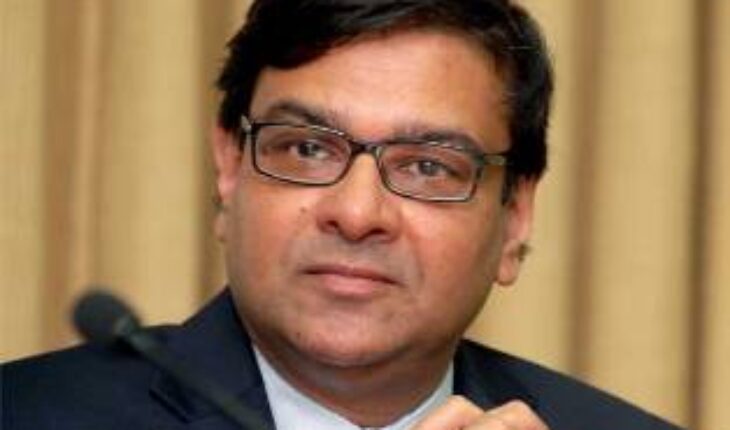NEW DELHI: Urjit Patel has been appointed as new Reserve Bank of India governor. He’ll hold the post for three years starting September 4.
Patel, a banker and economist, has served on various government panels and as an advisor in the finance ministry. A committee headed by Patel recommended retailinflation targeting and a monetary policy committee.
He will replace Raghuram Rajan, a former International Monetary Fund chief economist who stunned financial markets in June by announcing he would step down in September and return to academia after a single three-year term at the RBI. The selection of Patel as the 24th governor of the Reserve Bank of India (RBI) should come as no surprise considering that the monetary policy framework, based on which the central bank would function, is based on recommendations of a committee headed by Patel. “The Appointments Committee of Cabinet has approved the appointment of Dr. Urjit R. Patel as Governor, Reserve Bank of India for a period of three years,” said the statement from the government. The government is soon expected to announce the composition of a six-member monetary policy committee to decide on interest rates. It will be made up of himself and two other RBI officials, along with three members appointed by the government. Seen as a close lieutenant to Rajan, Patel will now get to implement the policies he had helped shape. The new governor takes over at a time when inflation has bust out of the top end of that range. Consumer inflation accelerated to 6.07 percent in July, the fourth consecutive month it has stayed above the RBI’s near-term target of 5 percent by March. By giving Patel the charge of the central bank, the government has given its emphatic thumbs up to a new paradigm shift in India’s central bank operations, and who better but Patel for it. “The appointment of Urjit Patel as the RBI governor, along with recent reconfirmation of 4 per cent CPI inflation target, suggests that a change in political economy and thus policy loosening may not be obviously imminent, ” said Gautam Chhaochharia, head of research, UBS Securities India. The 52-year-old was named a deputy governor of the central bank in January 2013 by the UPA government. In January 2014, he headed the committee that suggested that the Reserve Bank should target consumer price index (CPI), and not wholesale price index (WPI) as the policy peg. The RBI should try to keep the inflation contained at 4 per cent mark (with a standard deviation of 2 per cent) and if the central bank fails to meet so, it should give a sound logic to the government why it failed to do so, said the panel. Inflation targeting may have its own set of critics, but the central bank will become accountable for the price rises in the country and that would make the central bank more credible. Upon his completion of three-year term in 2016, he was given another three years as an extension by the present National Democratic Alliance government, underscoring Patel’s acceptance cutting across party lines. Patel, born on October 28, 1963, received his bachelors degree in economics from the London School of Economics, M Phil from Oxford and doctorate in economics from Yale University. He has worked with the International Monetary Fund (IMF) between 1990 and 1995 covering the US, India, Bahamas and Myanmar desks. He was on deputation (1996-1997) from the IMF to the RBI and provided advice on development of the debt market, banking sector reforms, pension fund reforms, real exchange rate targeting and evolution of the foreign exchange market. After his stint at the central bank, he continued his India engagement as a consultant (1998-2001) to the Department of Economic Affairs in the finance ministry. He has also worked in the private sector with assignments such as president (business development) at Reliance Industries and executive director and member of the management committee, Infrastructure Development Finance Company (IDFC). Between 2000 and 2004, Patel worked closely with several central and state government high level panels, such as, Task Force on Direct Taxes, Advisory Committee (on Research Projects and Market Studies), and Competition Commission of India. He was part of Ministry of Power’s Expert Group on State Electricity Boards and High Level Expert Group for Reviewing the Civil & Defence Services Pension System, Government of India. Among central bank watchers, Patel. like his predecessor Raghuram Rajan, is considered hawkish and is seen as wanting to bring down inflation within the accepted limit so that growth can take root firmly in the long run. –BS






